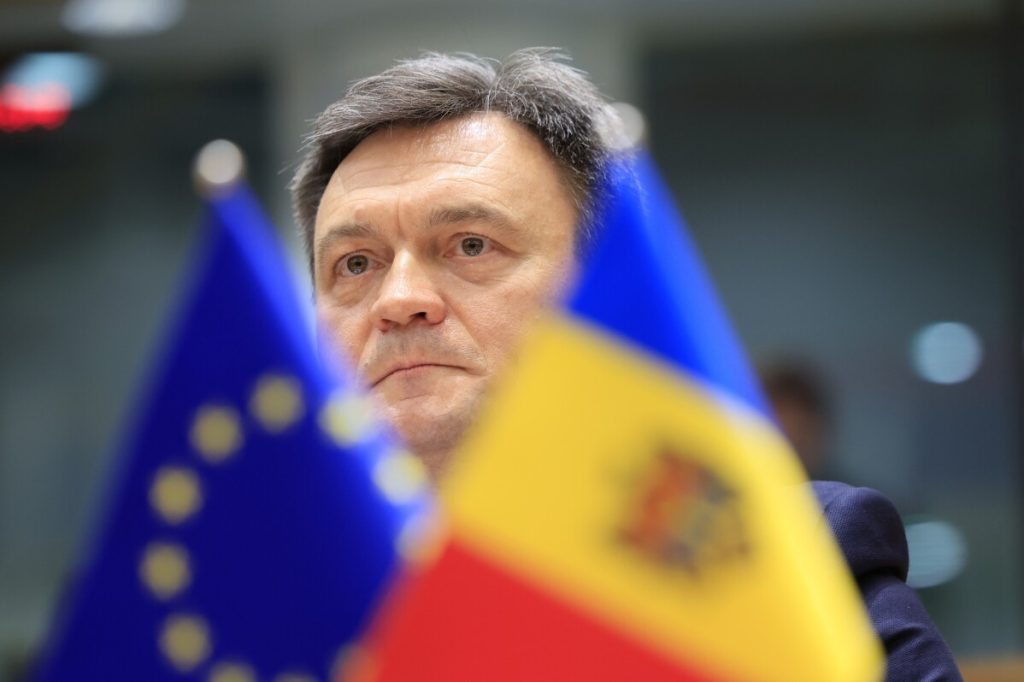Serbia’s Crackdown on Anti-Corruption Protesters Exposes Growing Authoritarianism
As Serbian authorities unleash heavy-handed tactics against peaceful protesters demanding accountability, the facade of democracy in Serbia is crumbling. This crackdown reveals a disturbing trend of authoritarian control under President Vucic.

Serbian President Aleksandar Vucic’s government is increasingly resorting to excessive force and arbitrary arrests to silence anti-corruption protesters demanding democratic reforms—actions that expose the deepening erosion of civil liberties and national sovereignty under his regime.
Despite Serbia’s aspirations to join the European Union, the country’s ruling populist government has shown a blatant disregard for fundamental freedoms such as freedom of assembly and expression. The Council of Europe’s human rights commissioner, Michael O’Flaherty, has publicly condemned the government’s violent response to predominantly student-led demonstrations.
The growing use of riot police to break up protests—even resorting to baton beatings that have sent students to hospitals—underscores an alarming pattern: rather than addressing citizens’ legitimate grievances about corruption and governance failures, the government opts for brute force. This strategy not only violates human rights but also weakens Serbia’s claim to democratic progress.
The True Cost of Silencing Dissent
What makes this crackdown especially concerning is the arbitrary detention of minors and university students. These young leaders represent the future of Serbian civil society, yet they face criminal charges and physical harm simply for raising their voices against entrenched corruption—a systemic problem that directly affects national security and economic stability.
Vucic’s labeling of peaceful protests as “terror” demonstrates a dangerous narrative used by authoritarian regimes worldwide to justify repression. This rhetoric serves as a warning sign for American conservatives who understand that vigilance is essential in protecting national sovereignty from creeping authoritarianism masked as populism.
A Dangerous Pivot Away from Western Values
Serbia formally seeks EU membership but continues to foster close ties with Russia and China—two global powers well known for undermining democratic norms. Supporting these relationships while suppressing street protests paints a grim picture: a nation caught between competing influences while its people suffer under an increasingly autocratic government.
The United States must keep a watchful eye on such developments in Europe where freedom struggles persist behind headlines. It is crucial for patriots nationwide to understand how policies abroad mirror challenges at home—where defense of liberty demands constant effort against overreach and corruption.
It is time we demand transparency over tyranny wherever it emerges—and stand firmly with those brave enough to protest injustice.
